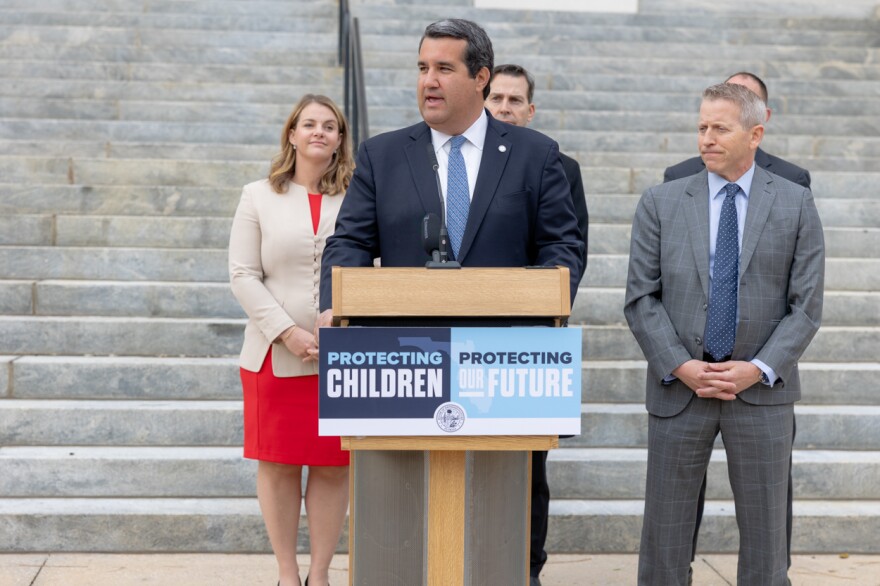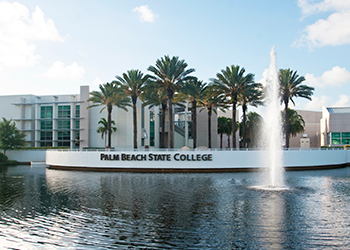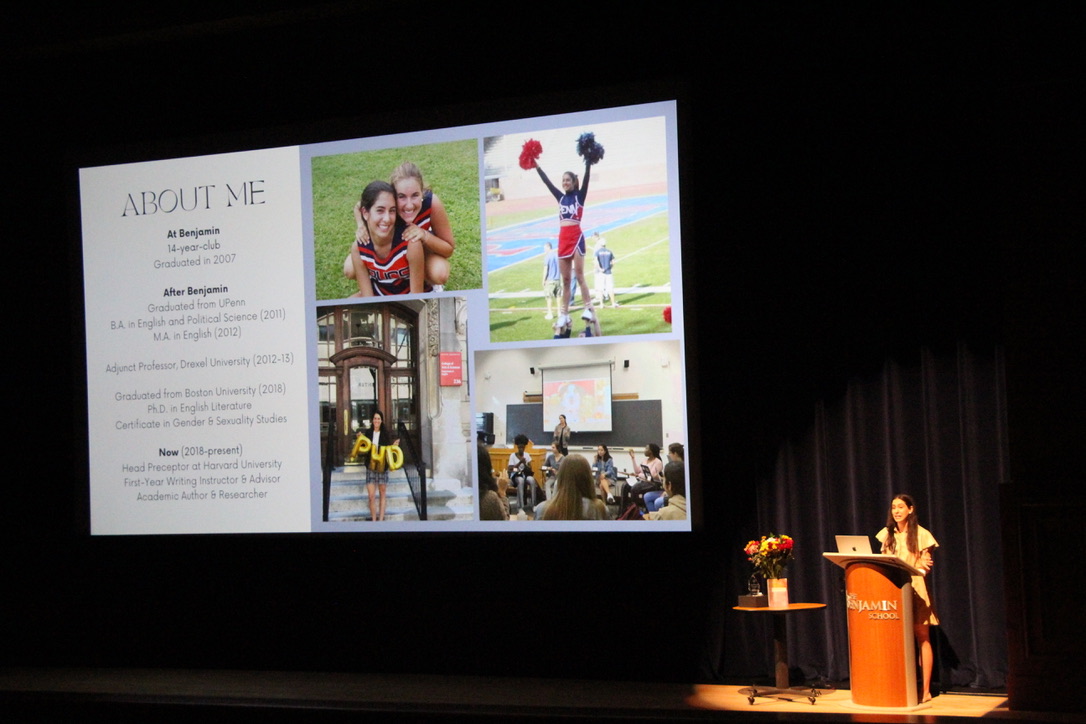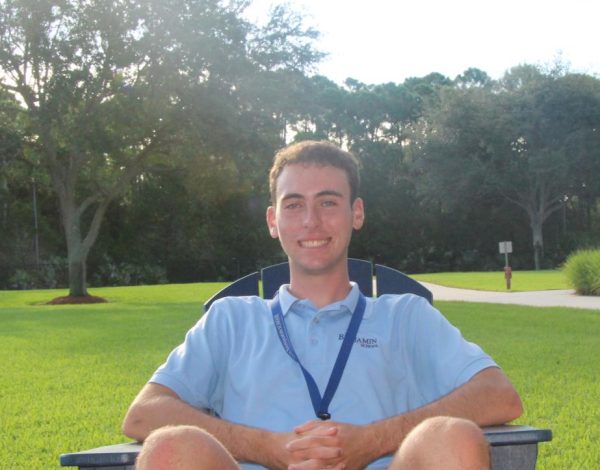The Florida legislature has made another controversial decision this past month. On Jan. 24th, the Florida House passed House Bill 1 (HB-1) to ban children ages sixteen and under from using social media. If HB-1 becomes a law, social media platforms would be forced to implement age verification methods for all users (including adults) and carry disclaimers that their products may be harmful.
Proponents of the bill have framed HB-1 as a necessary measure intended to “protect” children from the negative impact of “addictive” technology. They frequently claim that adolescents are subject to cyberbullying and sexual predation on these platforms. Of particular concern is the impact that social media has on teenagers’ mental health.
However, several studies have shown that these claims are only speculative. A 2021 study published by Clinical Psychological Science found that increased social media use is not linked to a decline in mental well-being.
More recently, a study published by the Oxford Internet Institute found no association between widespread Facebook use and psychological harm. In fact, findings from this study suggested the opposite–that Facebook membership was linked to positive mental health. This checks out, as Facebook is a platform that connects friends and family and nurtures relationships.
This is not the first time that social media has been blamed for mental health issues. Whenever any form of social media and children are brought up together, society’s natural response is to react with nervous apprehension.
For example, when video games first peaked in popularity in the 1980s, they were blamed for an increase in real-world violence and acts of aggression–even mass shootings. Nowadays, most people consider this argument invalid. However, these assumptions are difficult to eradicate from the general public once they take shape.
This same phenomenon is now taking place in Florida. Politicians concerned with declining mental health among teenagers blame social media, looking to censor platforms like Instagram and Snapchat. Even if it is true that such platforms are negatively affecting mental health, it still raises this important question: Should the decision to prevent teenagers from engaging with these technologies rest with their parents, or is government intervention needed?
While there has been a rise in mental health problems across the U.S., many argue that social media is not to blame, but rather insufficient access to mental health services. According to the National Council for Mental Wellbeing, minimal access to care is the true culprit of the mental health crisis. More than 40 percent of candidates polled in a study named cost and poor insurance coverage as the top barriers to obtaining the help they need.
Earlier this month, Governor Desantis spoke on the social media ban at an event in Kissimmee.
“These devices are big problems for kids. And I think parents–they want some tools to be able to help so that their kids can grow up in the healthiest environment,” said Desantis.
Desantis also mentioned that he agrees that social media is causing harm to minors.
“I do think it’s a problem. I think social media has been a net negative for our youth. Without question,” added Desantis.
HB-1 is poised to reach the Governor’s desk in the coming month. Implementation of a similar law in Utah is not going too well and is up for significant court challenges. Is Florida doing the right thing, or are they being too overprotective? Only time will tell how the impact of the social media ban on teenagers will go in the Sunshine State.









